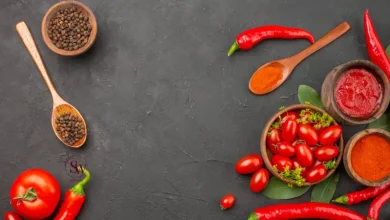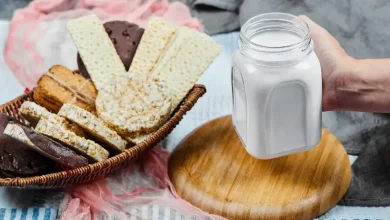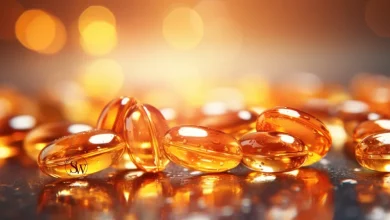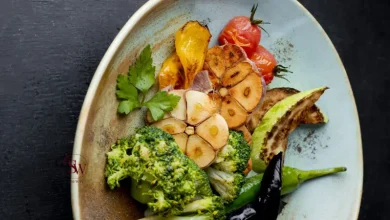Foods Bad for Kidney Stones

Worst Foods For Kidney Stones
Kidney stones are a common condition that affects many individuals worldwide. These small, hard mineral deposits can form in the kidneys and cause excruciating pain when passing through the urinary tract. While various factors contribute to the development of kidney stones, diet plays a significant role. In this article of sisiway, we will explore the foods that are known to increase the risk of kidney stone formation and should be avoided to protect your kidney health.
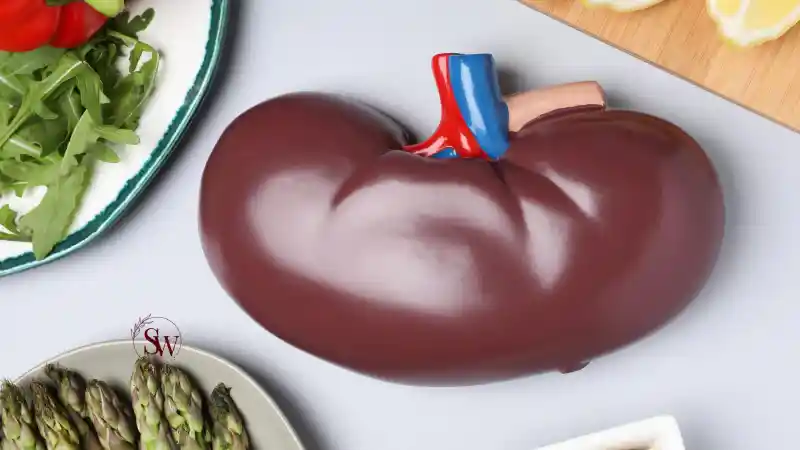
-
Oxalate-Rich Foods:
Oxalate is a compound found naturally in many foods. When consumed in excess, it can bind with calcium in the urine, leading to the formation of calcium oxalate stones, the most common type of kidney stones. Foods high in oxalate include spinach, rhubarb, beets, Swiss chard, chocolate, nuts (such as almonds and cashews), and certain teas. While you don’t need to completely eliminate these foods from your diet, it is advisable to consume them in moderation and ensure adequate hydration.
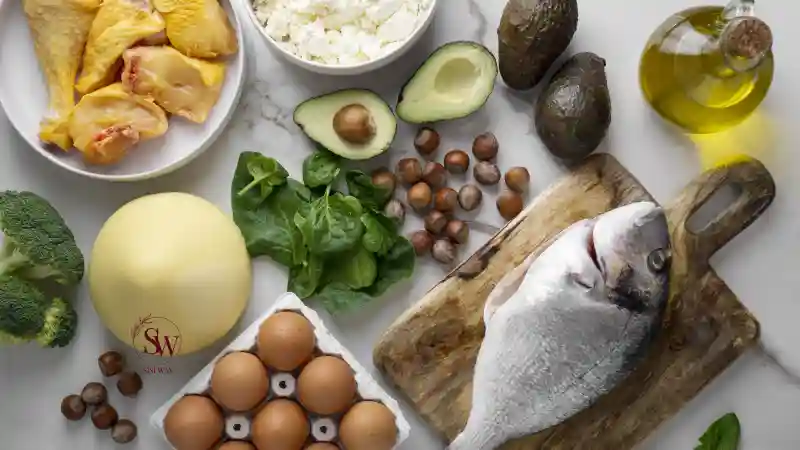
-
Sodium-Rich Foods
A high-sodium diet can increase the risk of kidney stone formation. Excess sodium in the body can lead to increased calcium excretion in the urine, which can contribute to the development of kidney stones. Processed foods, canned soups, fast food, and salty snacks are some common sources of high sodium. To reduce your sodium intake, opt for fresh, whole foods, and limit the use of table salt while cooking or at the dining table.
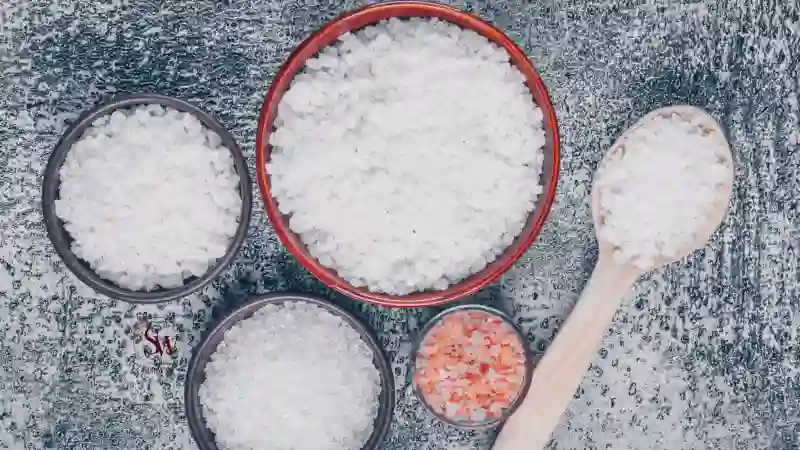
-
Animal Protein:
Diets that are high in animal protein, such as red meat, poultry, and seafood, can increase the risk of kidney stones. Animal protein can cause an increase in uric acid and calcium levels in the urine, leading to stone formation. It is advisable to moderate your consumption of animal protein and consider incorporating plant-based protein sources like legumes, tofu, and quinoa into your diet.
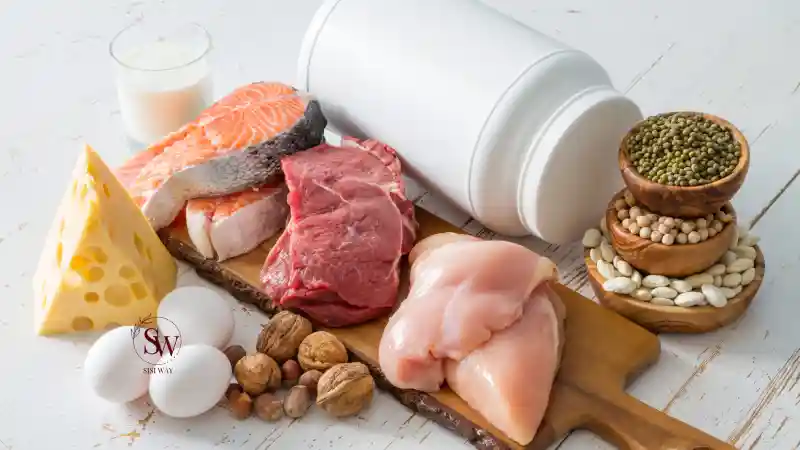
-
Sugar and Sweetened Beverages:
Excessive sugar consumption and consumption of sugary beverages have been linked to an increased risk of kidney stones. High sugar intake can lead to urinary imbalances and promote the crystallization of substances that form stones. Limit your intake of sugary drinks, including soda, fruit juices, and sweetened teas, and opt for water or unsweetened alternatives.
Read more: women’s diet for abs
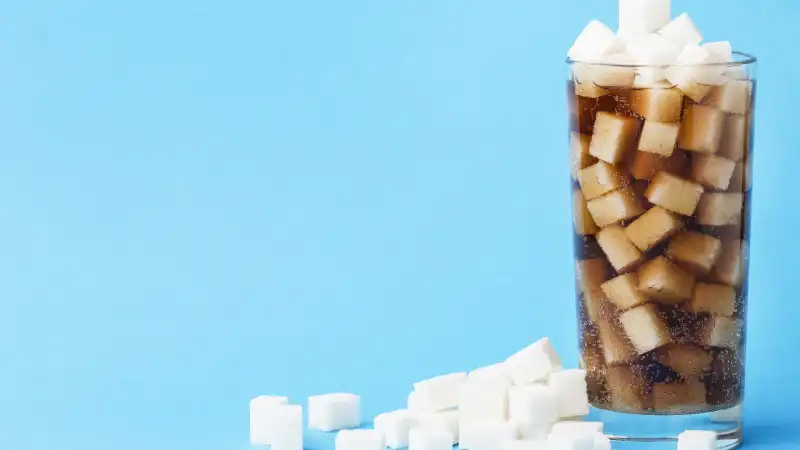
-
Calcium Supplements:
While calcium from food sources is essential for overall health, excessive calcium supplementation may increase the risk of kidney stone formation in certain individuals. It is recommended to obtain calcium primarily from dietary sources rather than relying solely on supplements. Consult with a healthcare professional to determine the appropriate calcium intake for your specific needs.
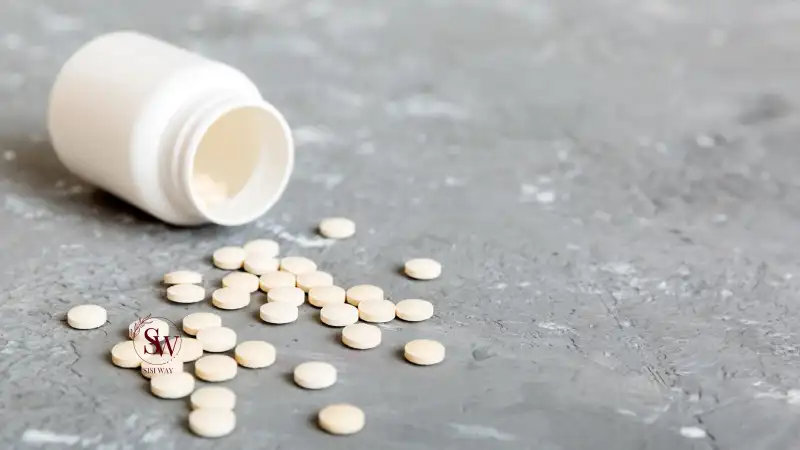
-
Caffeine and Alcohol:
Both caffeine and alcohol can contribute to dehydration, which increases the risk of kidney stone formation. Caffeine, found in coffee, tea, and certain energy drinks, can also increase calcium excretion in the urine. Alcohol, on the other hand, can interfere with the body’s fluid balance and lead to dehydration. It is important to consume these beverages in moderation and ensure adequate hydration by drinking plenty of water.

-
High-Fructose Corn Syrup:
High-fructose corn syrup (HFCS) is a sweetener commonly found in processed foods and sugary beverages. Studies have shown that a high intake of HFCS can increase the risk of kidney stone formation. It is advisable to read food labels carefully and choose products that do not contain high levels of HFCS. Opt for natural sweeteners like honey or maple syrup as healthier alternatives.
-
High-Purine Foods:
Foods that are high in purines can contribute to the formation of uric acid stones, which are another type of kidney stone. Purines are found in certain meats, such as organ meats (liver, kidneys), game meats, and some types of fish (anchovies, sardines). These foods can increase the production of uric acid in the body, leading to stone formation. Limiting the intake of high-purine foods can help reduce the risk of uric acid stone formation.

-
Vitamin C Supplements:
While vitamin C is an essential nutrient, excessive intake of vitamin C supplements (ascorbic acid) can increase the risk of kidney stone formation. Vitamin C is metabolized into oxalate in the body, and high levels of oxalate can contribute to the development of calcium oxalate stones. It is recommended to obtain vitamin C from natural food sources, such as citrus fruits, strawberries, and bell peppers, rather than relying on supplements.
-
Processed and Fast Foods:
Processed and fast foods are often high in sodium, unhealthy fats, and additives, making them detrimental to kidney health. These foods contribute to inflammation, raise blood pressure, and increase the risk of kidney stone formation. Opting for fresh, whole foods prepared at home allows you to have better control over the ingredients and minimize the intake of harmful substances.
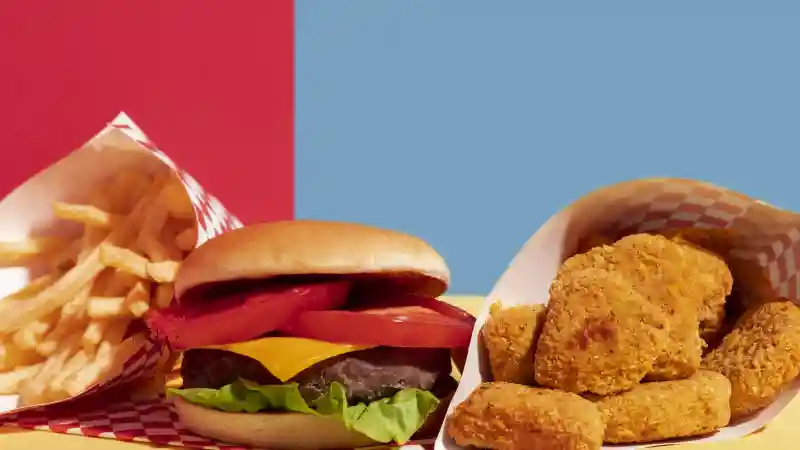
Prevention and Moderation of kidney stones
Avoiding harmful foods for kidney stones alone is not enough, and it is necessary to follow other guidelines for the kidneys to function at their best. Preventing kidney stones involves a balanced approach to eating. It is crucial to maintain a well-rounded diet that includes a variety of fruits, vegetables, whole grains, and lean proteins while avoiding or moderating foods that increase the risk of kidney stone formation. Additionally, staying hydrated by drinking an adequate amount of water throughout the day is essential for preventing the concentration of minerals and the formation of stones.
It is important to note that individual susceptibility to kidney stones may vary, and consulting with a healthcare professional or a registered dietitian is advisable, especially if you have a history of kidney stones or any underlying medical conditions.
Here are some tips to help you stay properly hydrated:
Drink Sufficient Water
Water is the best beverage for staying hydrated. Aim to drink at least 8 cups (64 ounces) of water per day, or more if you live in a hot climate or engage in physical activity that causes you to sweat. Carry a water bottle with you throughout the day as a reminder to drink water regularly.
Monitor Urine Color
Monitoring the color of your urine can provide insight into your hydration status. Ideally, your urine should be pale yellow or straw-colored. If it’s darker, it may be a sign that you need to drink more water.
Also read: How does a Woman Get a Urinary Tract Infection?
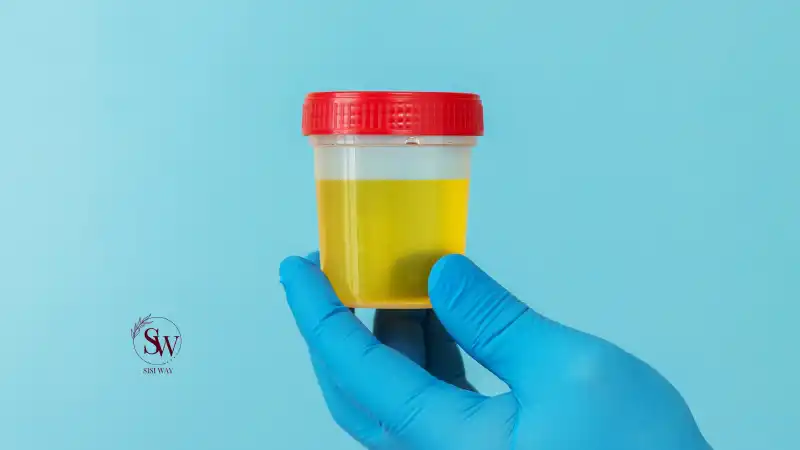
Hydrate Before Exercise
If you engage in physical activity, make sure to hydrate before, during, and after your workout. Drink a glass of water at least 30 minutes before exercising and continue to sip water during your workout to replace the fluids lost through sweat.
Include Hydrating Foods
Many fruits and vegetables have high water content and can contribute to your overall hydration. Include hydrating foods like watermelon, cucumbers, oranges, strawberries, and lettuce in your diet.

Set Reminders
In our busy lives, it’s easy to forget to drink enough water. Set reminders on your phone or use apps that send notifications throughout the day to remind you to drink water.
Spice Up Your Water
If you find plain water boring, add a slice of lemon, lime, or cucumber to enhance the taste. You can also infuse water with fresh herbs like mint or basil for a refreshing twist.
Limit Dehydrating Beverages
Certain beverages can contribute to dehydration and increase the risk of kidney stone formation. Limit your intake of caffeine and alcohol, as they have diuretic effects and can cause fluid loss. If you do consume these beverages, balance them out by drinking extra water.
Be Mindful in Hot Weather
In hot weather or when you’re exposed to excessive heat, your body loses more water through sweat. Be extra mindful of staying hydrated during these times and increase your water intake accordingly.
Remember, prevention is key when it comes to kidney stones, and adopting a well-balanced, kidney-friendly diet will contribute to the overall health and well-being of your kidneys.
In conclusion, maintaining a kidney-friendly diet involves avoiding or limiting foods high in oxalate, sodium, animal protein, sugar, and excessive calcium supplementation. By making mindful choices and adopting a balanced approach to eating, you can reduce the risk of kidney stone formation and promote overall kidney health. Remember, prevention is key, and a healthy lifestyle goes hand in hand with maintaining optimal kidney function.
Frequently Asked Questions about foods bad for kidney stones
are eggs bad for kidney stones?
Eggs are not considered bad for kidney stones for the majority of individuals. In fact, eggs are a good source of high-quality protein and provide essential nutrients. However, if you have a specific type of kidney stone, such as a uric acid stone, it is recommended to moderate your intake of animal protein, including eggs. This is because animal protein can increase the excretion of uric acid in the urine, potentially contributing to the formation of uric acid stones.
are bananas bad for kidney stones
Bananas are generally considered safe for individuals with kidney stones. In fact, they can be a part of a healthy diet for kidney stone prevention. Bananas are a good source of vitamins, minerals, and dietary fiber. They also contain a moderate amount of oxalate, which is a compound that can contribute to the formation of certain types of kidney stones. However, the oxalate content in bananas is relatively low compared to other high-oxalate foods.
what are the worst foods for kidney stones
Oxalate-Rich Foods, Sodium-Rich Foods, Animal Protein, Sugar and Sweetened Beverages, Calcium Supplements, Caffeine and Alcohol, High-Fructose Corn Syrup, High-Purine Foods, Vitamin C Supplements and are top 10 worst foods for kidney stones .
Conclusion:
Preventing kidney stones involves making mindful choices about what we eat and drink. By avoiding or limiting the consumption of foods high in oxalate, sodium, animal protein, sugar, and excessive calcium supplementation, we can reduce the risk of kidney stone formation and promote overall kidney health. Remember to stay well-hydrated, as drinking an adequate amount of water is crucial in preventing the formation of kidney stones. If you have a history of kidney stones or any concerns, consult with a healthcare professional or a registered dietitian for personalized dietary recommendations.
Read more: superfoods for brain power
